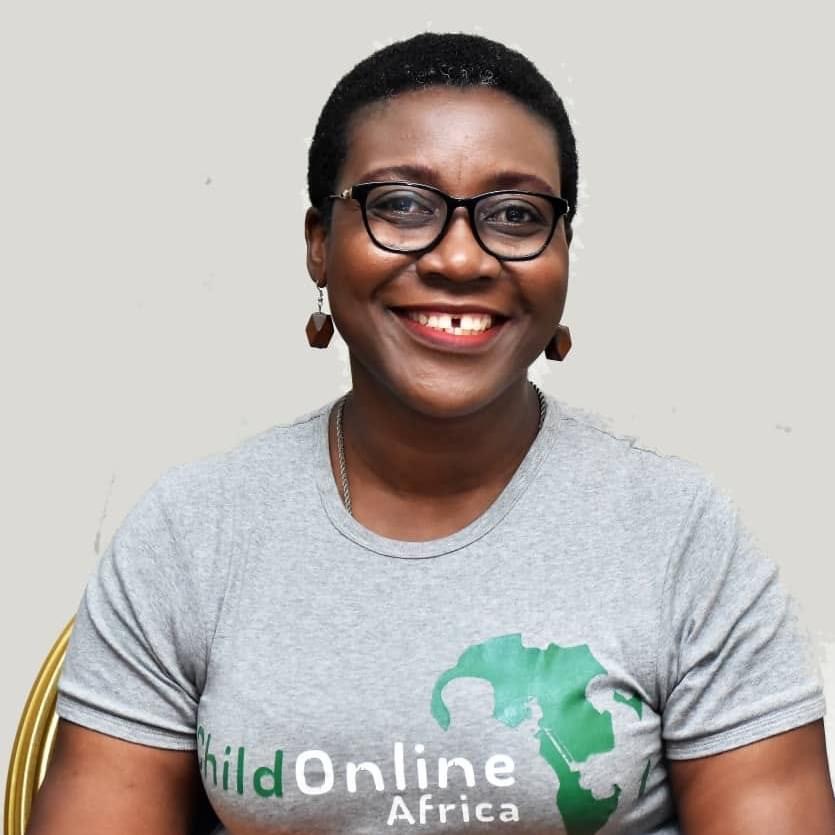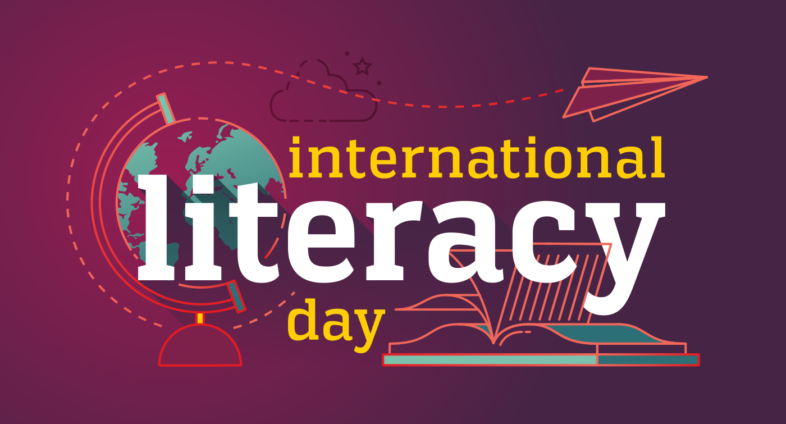A child-focused organization, Child Online Africa, is calling on parents to diversify their approaches in helping their children acquire foundational skills.
According to the group, parents should necessarily have a place for technology for their children to enable them to fare well in the global competitive world, but what would make them acquire basic reading and writing skills should be of utmost importance.
Executive Director of the organization, Awo Aidam Amenya, says government and other stakeholders could also support in the transformation drive by making same-language subtitling a standard practice to strengthen reading skills more broadly, especially among those who may have learned basic reading and writing skills in school but require further practice and confidence.
The call is contained in a release issued by the organization on the occasion of the celebration of World Literacy Day.
The Executive Directive stated: “There is a place for technology; this is to say, children need quality interactive social experiences; plugging them into televisions, tablets, or other electronic devices can only be a poor substitute for this objective.”

She says over the past decades, education has enabled each generation to be more capable of reading and writing than the one before and in order to broaden participation and inclusion, however, the future of literacy must go beyond reading and writing to reinforce the capacities of understanding and expression in all their forms – orally, textually, and through a widening diversity of media, including storytelling and the arts.
She says equity in education must embrace humanity’s many forms of knowledge and expression. “This means the transformation of literacy spaces should take into consideration indigenous, minority language, and ethnically diverse learners who may be counted among those out of school,” she added.
Child Online Africa is convinced that literacy does not only enrich a person’s life but also creates opportunities for people to develop skills that will help them provide for themselves and their family.
She stated that 70% of 10-year-olds now are in ‘learning poverty’ and are unable to read and understand a simple text.
“For sub-Saharan Africa, including Ghana, it is estimated that half of our children are going through school without acquiring basic foundational skills (literacy and numeracy),” she explained.
"Learning Poverty" is defined as the percentage of learners in grade 4 who cannot read and understand a simple story by 2030.
September 8 is a day set aside to mark International Literacy Day celebrations and it dates back to 1967, an annual event instituted by UNESCO aimed at reminding everyone about the relevance of literacy as an issue of dignity and rights for which society can advance to a more sustainable life.
Latest Stories
-
Trinity Oil MD Gabriel Kumi elected Board Chairman of Chamber of Oil Marketing Companies
5 minutes -
ORAL campaign key to NDC’s election victory – North America Dema Naa
23 minutes -
US Supreme Court to hear TikTok challenge to potential ban
29 minutes -
Amazon faces US strike threat ahead of Christmas
1 hour -
Jaguar Land Rover electric car whistleblower sacked
1 hour -
US makes third interest rate cut despite inflation risk
1 hour -
Fish processors call for intervention against illegal trawling activities
1 hour -
Ghana will take time to recover – Akorfa Edjeani
2 hours -
Boakye Agyarko urges reforms to revitalise NPP after election defeat
2 hours -
Finance Minister skips mini-budget presentation for third time
2 hours -
‘ORAL’ team to work gratis – Ablakwa
2 hours -
Affirmative Action Coalition condemns lack of gender quotas in Transition, anti-corruption teams
3 hours -
December 7 election was a battle for the ‘soul of Ghana’ against NPP – Fifi Kwetey
3 hours -
Social media buzzing ahead of Black Sherif’s ‘Zaama Disco’ on December 21
3 hours -
Afenyo-Markin still suffering from the massive defeat – Fifi Kwetey
3 hours

